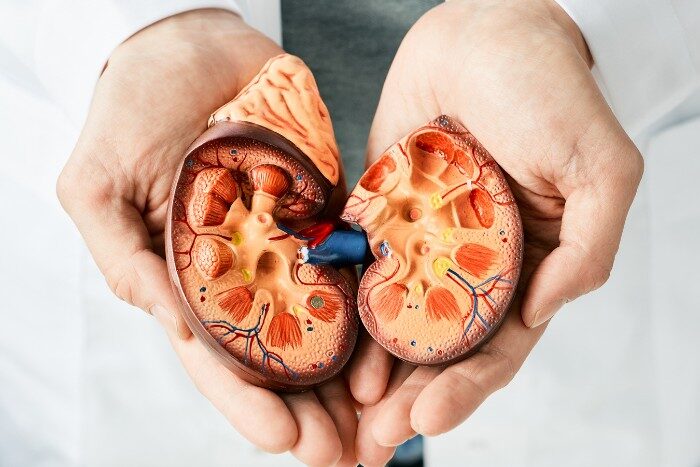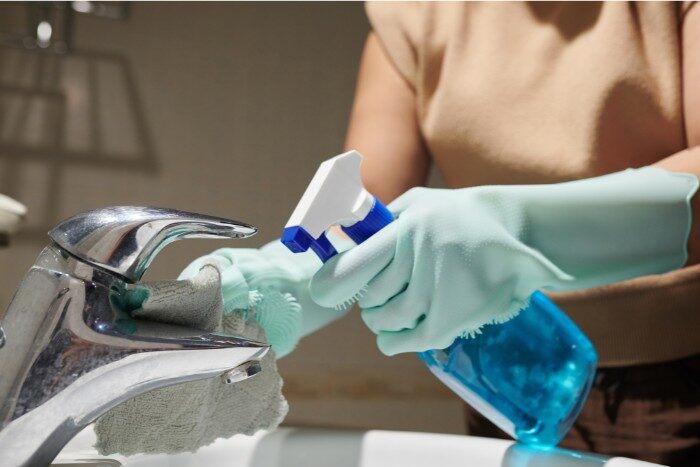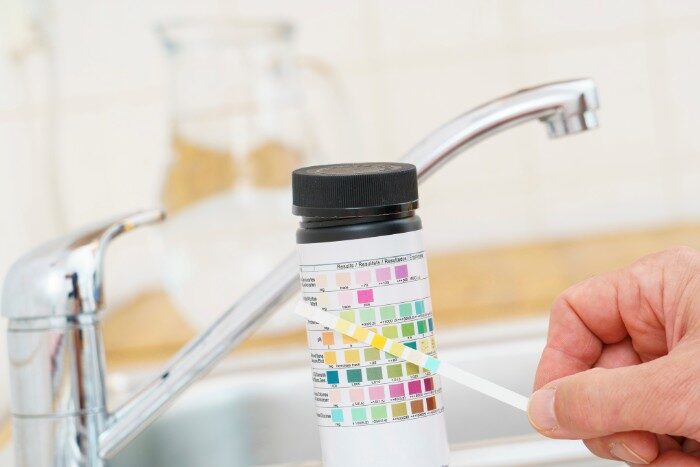
Various studies have explored the potential link between water hardness and kidney stone development. While hard and soft water have their characteristics, understanding their impact on kidney health is essential.
Understanding Hard and Soft Water
Water is classified based on its mineral content. Hard water contains elevated levels of dissolved minerals, particularly calcium and magnesium. In contrast, soft water has been treated to remove these minerals, often replacing them with sodium ions.
Each type of water has its advantages and disadvantages. Hard water provides essential minerals that are beneficial for health, but it can also lead to issues like scale buildup in plumbing and appliances.
Why Remove Minerals from Hard Water?

Despite the health benefits of minerals in hard water, their presence can cause practical problems. For instance, hard water can leave spots on dishes, reduce soap effectiveness, and cause buildup in pipes, leading to potential plumbing issues. Regular maintenance and water treatment can help mitigate these problems.
Exploring the Link Between Hard Water and Kidney Stones
Kidney stones form when urine contains high concentrations of substances like calcium, oxalate, and uric acid, which can crystallize and form stones. While hard water contains higher levels of calcium, research has not conclusively proven that drinking hard water directly causes kidney stones. However, individuals with a history of kidney stones may benefit from monitoring their mineral intake.
Preventative Measures for Kidney Stone Risk

For those concerned about kidney stone formation, especially individuals with previous occurrences, it’s advisable to monitor water hardness levels. Consuming water with high mineral content may contribute to stone formation in susceptible individuals. Implementing water treatment solutions can help reduce this risk.
While hard water contains beneficial minerals, its impact on kidney stone formation remains inconclusive. Individuals concerned about kidney health should consider water testing and appropriate treatment options to ensure optimal water quality.

For more information on water treatment solutions and to explore options tailored to your needs, visit Clear Water Concepts.


